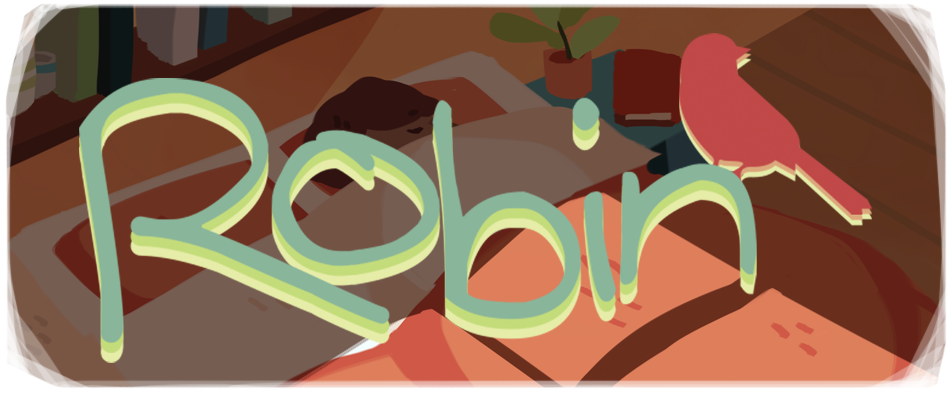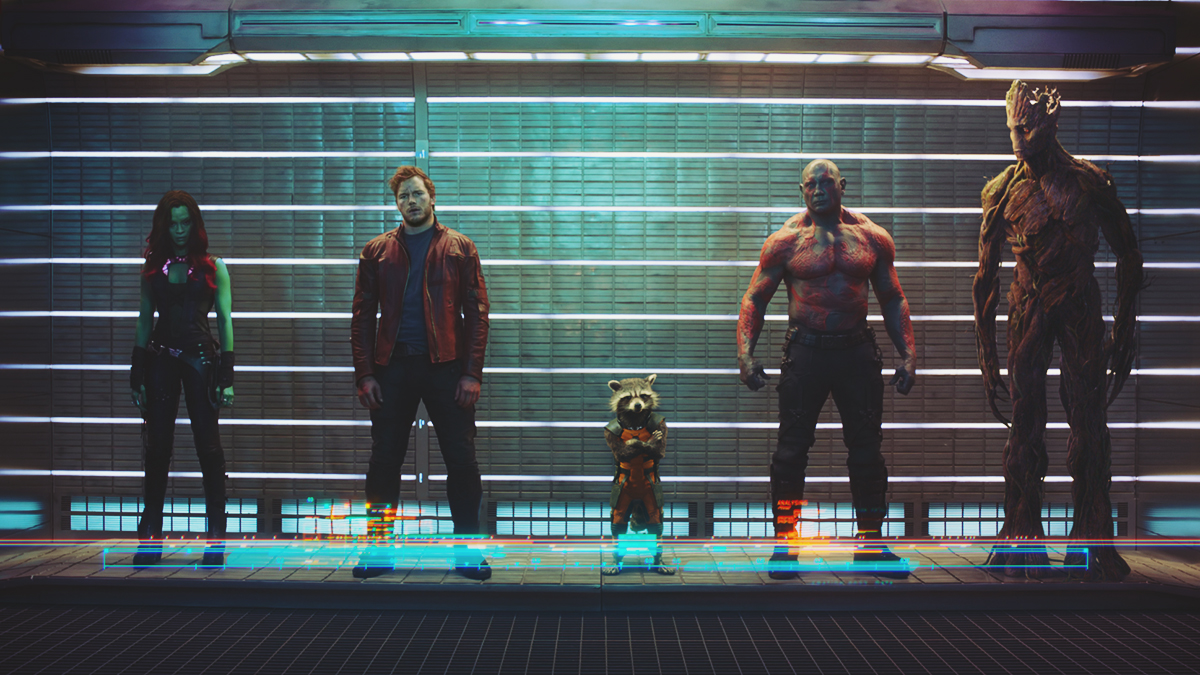
Experience, Empathy, and Robin
The first time I saw Robin as a work in progress, I was struck almost speechless. A cute little indie game is right up my alley, and a cute little indie game about Chronic Fatigue Syndrome is basically everything I’ve ever wanted. Even better: it’s made by a group of kiwi students who are the sweetest.
Robin’s main mechanic is based off of the Spoon Theory, a common way for chronically ill people to explain their limited energy reserves: as you make Robin perform actions, her energy bar empties until the only option is sleep. It’s simple but effective, and evocative of daily life for someone with Chronic Fatigue. A rapidly depleting energy bar is a part of life for us, not just a game mechanic.
However, though chronically ill people may find their lives reflected in some form in Robin, I suppose we must ask the question: can a game ever actually help able people empathize with those who are chronically ill? Can a game really make someone understand in a way that positively changes their thought patterns?
Yeah, probably.
Fully explaining Chronic Fatigue to someone who’s never experienced it is impossible; you can get the general idea across, but they’ll never actually understand how it feels. I know this for a fact, because I didn’t understand until I had it. There’s no possible way to convey the soul-deep heaviness of it, the way it clouds your mind and weighs down your aching body. Even if you think you get it, you never actually get it until suddenly you’re the one with Fatigue.
But even when simple words fail, video games have the potential to get closer than any other medium to helping people understand. At least, that’s what I believe.
Unsurprisingly, someone doesn’t have to go through the same life experiences as me to have empathy for my illness. Putting oneself in the place of a character going through hardship, and thus feeling empathy towards them, is a pretty standard part of storytelling. Interactivity can make this attachment even stronger, as the player can feel as if they’re actually in the character’s place—or at least directly responsible for their future.
Robin captures one of the biggest struggles of living with Chronic Fatigue: that we can’t do everything, even if we want to. There are too many important things to do each day with only a limited amount of energy to spend, and in Robin the choices you make all lead to one of three different endings: feeling bad about being lazy, being stressed from working too hard and not taking a break, and a more balanced, nuanced ending.
#Relatable.
There’s no happy ending—no matter what you do, the Fatigue remains—but the balanced ending, which requires careful consideration of each and every action, reminds me a lot of how I feel at the end of a good week, and I think this is one of the best ways Robin captures the experience. It is about balance, and calculating every choice you make. As I said, there’s no way to make someone feel Chronic Fatigue, but Robin can certainly force you to think like someone who has it might.
It goes without saying that not every person has the same experience with Chronic Fatigue—and while this game is very similar to my own experiences, it may not reflect others’. Not every person is affected with the same severity, or even the same symptoms—except for the fatigue, which none of us can escape. Parts of Robin may resonate with some, and not with others, and it’s important to remember that when playing it as an able person.
And, hell, it’s not like a game is going to be able to cater to every experience. It’s rare enough to find any media about life with Chronic Fatigue, let alone an empathetic little game like Robin. It’s about awareness and understanding, and Robin, in my opinion, is successful at both. Robin is vitally important, and other games in a similar vein are too. They’re a way for people who suffer from illnesses like CFS to express themselves and educate others in a strongly emotional way.
From the art, to the story, to the music, Robin works to bring the player into Robin’s world to empathize with her. The beautiful, bright art contrasts with Robin’s struggles to balance her energy, her work, and her health—both physical and mental. Though Robin’s life can feel dismal, the colourful world that makes up her apartment invites the player to be part of Robin’s life, if only for her weekend. The art style is almost a reminder than even with an illness like Chronic Fatigue, there is still beauty in the world; that life is still worth living.
Games can absolutely be a medium for education and encouraging empathy, so it’s no wonder that Robin was a finalist for the Simulation Congress’ 2016 Serious Game Showcase and Challenge in Melbourne, or that it was Greenlit in 9 days. Just reading the reviews on their itch.io page shows how much the game resonates with players, whether they have CFS or not.
Slice of life games that encourage empathy and speak honestly about issues that need more light shed on them are something I want to see more of. I love Robin because it so beautifully represents my own life in a way I wish I could have seen three years ago, when I was first diagnosed. Games can help people, games can make a positive change in our world, and that’s not something that should be ignored.
It’s clear I’ve felt this for a long time: my first game was actually about CFS too—though it is much less bright and far less pretty than Robin—and it was, in fact, an inspiration to this team, which honestly humbles me so much. That I in some way contributed to Robin existing makes me so happy, and I genuinely hope that Robin inspires and encourages others, too.
Like my words? Support me on Patreon!



